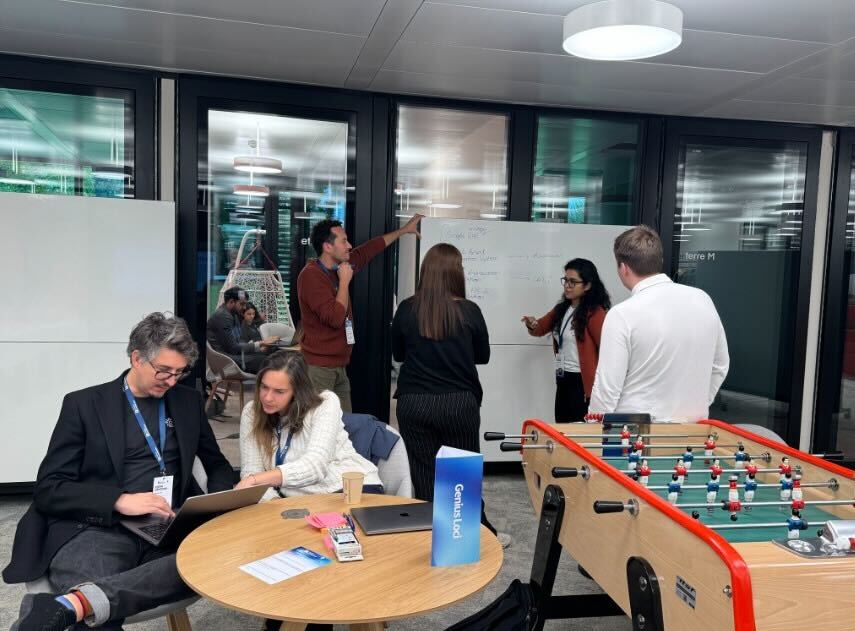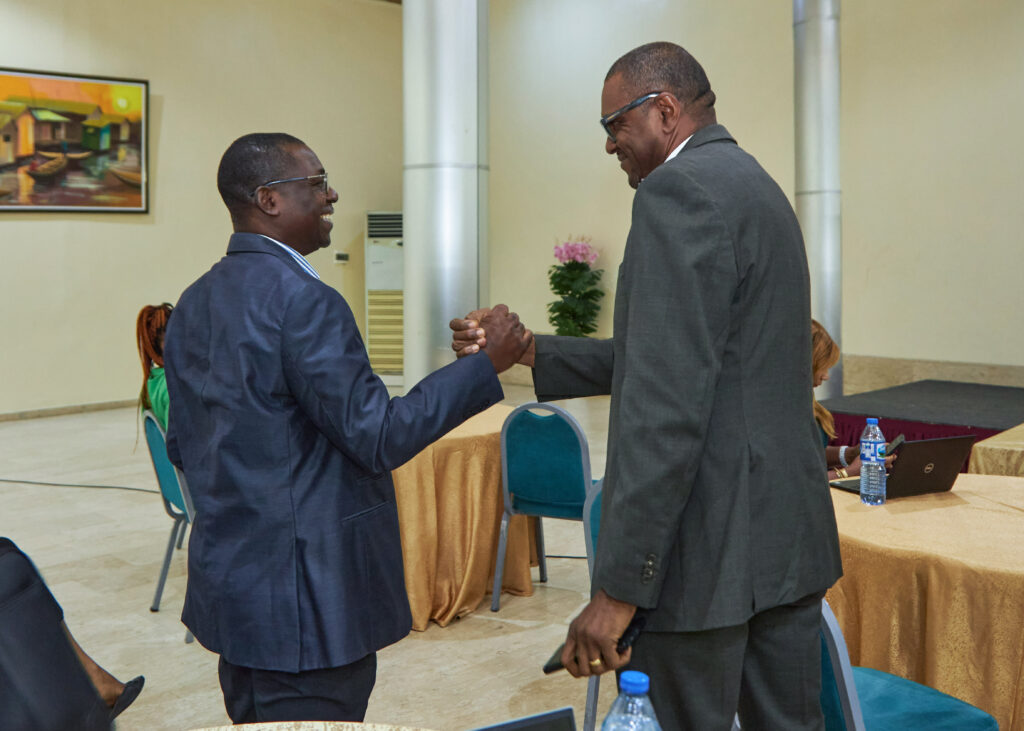
Dr Alex Durán, Advisor to the Mayor of Cali, highlights the huge impact immunization is making in the city.
Dr Durán has played a key role in shaping health care policy in Cali over the last five years, holding leadership posts, among them Secretary of Municipal Health. He has been particularly concerned about combatting cervical cancer and with the momentum created by City Cancer Challenge Foundation (C/Can) in Cali, he leveraged the reactivation of HPV vaccination in the city, achieving levels close to 75%, the highest in the country. In this interview he considers how successful local policies can be rolled out at the regional and national level with the support of the private and public sectors.
Q: How would you assess C/Can’s impact in improving access to cancer care in Cali?
Dr Durán: When Cali joined C/Can in 2017, everybody benefited from its working model: bringing the public and private sectors—the real decision makers when it comes to cancer care in the city—to the table. Furthermore, it helped us to achieve the political will required to gain sustainable results in a timely manner.
This new working model was applied to one of the most pressing public health problems for people in Cali: the human papilloma virus (HPV). Cervical cancer is a disease that claims many lives here, deaths that can be prevented. C/Can’s multisectoral model was central in helping us reactivate HPV vaccination for nine-year-old girls in Cali. The fight against HPV became a priority and an opportunity to show that cancer can be beaten.
Q: What was the response of Colombia’s Ministry of Health to HPV vaccination in Cali?
Dr Durán: Between 2014 and 2017, HPV vaccination coverage fell significantly throughout the country. This was in part the result of misinformation about vaccination against human papilloma virus, but this is a trend not only in Cali and Colombia, but throughout Latin America.
In 2017, coinciding with C/Can’s arrival in Cali, the Ministry of Health received the city’s action plan, which was the result of a diagnosis of the situation within the framework C/Can’s initiative and the consensus of more than 180 specialists. The central government endorsed our action plan in response to HPV in our city. We were all able to take advantage of that moment, the political will and commitment of all actors, public and private, to implement the reactivation of HPV vaccination.
Q: Has Cali City Hall and C/Can’s work in this regard been recognized at the national level?
Dr Durán: Cali now has the highest HPV vaccination coverage in Colombia: 74.9% in the first dosage in nine-year-old girls in 2019, compared to 9.5% in 2016, before C/Can arrived. Today the Colombian League Against Cancer has recognized this joint effort led by City Hall and C/Can, backed by the commitment and work of many other players: a multi-sector collaboration unprecedented in the recent history of Cali. And of course, thanks to local and national political will. Because, at the end of the day, results depend on funding, which has been forthcoming in relation to combatting HPV in Cali.
Cali now has a unique opportunity to become a model: an opportunity for us, a responsibility, to transfer all the knowledge and experience of best-practices acquired over the past few years through the work within the City Cancer Challenge initiative. This is a clear example of how local action can have a real impact at the national level.
Q: What are your HPV vaccination, cervical cancer screening and treatment plans for 2020?
Dr Durán: We started this year with a baseline HPV vaccination coverage of 74.9%, and we hope to be above 80%, which would put us in that space where we will achieve universal coverage; something that we will be able to share as a joint success with C/Can.
In terms of screening, the idea is to strengthen the Por tí Mujer (For you, woman) program, in addition to conducting a sample review process, providing follow-up, reducing waiting times and improving quality. The administrative barriers within our health system are definitely the main challenge to overcome. Not only from early diagnosis, but also timely access to appropriate and quality treatment, follow-ups and so on. I think this is the challenge we have to work on: improving access to early diagnosis and timely and quality treatment. And C/Can has supported us immensely in meeting those goals.





